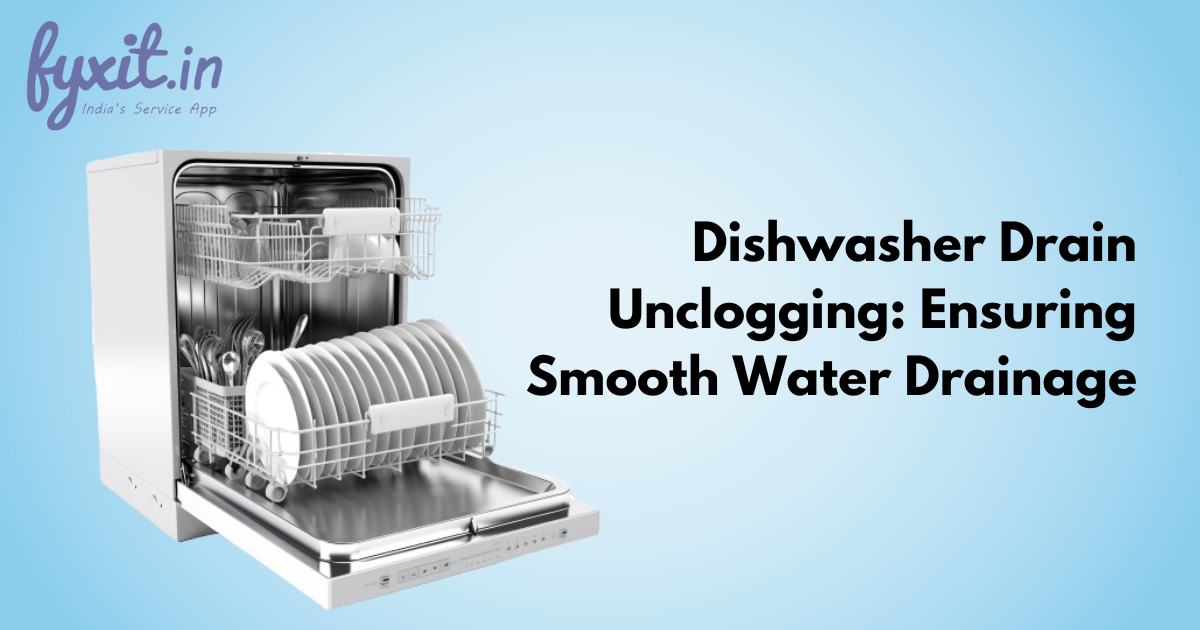The refrigerator, once a purely functional kitchen appliance, has evolved into a focal point of modern kitchens. Recent trends in refrigerator design emphasize not only cutting-edge technology and energy efficiency but also sleek aesthetics and customizable features. This article explores the latest trends in refrigerator design, focusing on the integration of sleek aesthetics and personalized customization that cater to the demands of contemporary kitchen spaces.
Table of Contents
Sleek Aesthetics
Streamlined Finishes:
Modern refrigerators often feature streamlined finishes, such as stainless steel or matte black, contributing to a sleek and sophisticated look. These finishes not only complement other kitchen appliances but also create a cohesive design aesthetic.
Hidden Controls and Displays:
Designers are moving towards concealed controls and displays, giving refrigerators a minimalist appearance. Touch-sensitive or hidden controls contribute to a seamless exterior, emphasizing clean lines and uncluttered surfaces.
Counter-Depth and Built-In Models:
Counter-depth and built-in refrigerators are gaining popularity for their ability to seamlessly integrate with kitchen cabinetry. These models provide a flush, customized look, allowing the refrigerator to blend harmoniously with the surrounding design.
Glass Doors and Internal Lighting:
Glass doors, whether full or partial, are emerging as a design trend, providing a glimpse into the refrigerator’s contents. Interior LED lighting, strategically placed, enhances visibility and adds a touch of elegance to the overall design.
Minimalist Handles and Hardware:
Minimalist handles or hidden hardware contribute to the clean and contemporary appearance of modern refrigerators. Smooth surfaces and sleek lines emphasize simplicity, aligning with the minimalist design principles increasingly favored in modern kitchens.
Customization for Functionality
Flexible Shelving and Storage:
Adjustable and customizable shelving systems allow users to configure the interior of the refrigerator to suit their specific needs. This flexibility accommodates varying sizes of items and provides an organized and efficient storage solution.
Temperature and Humidity Control:
Advanced refrigerators now offer customizable temperature and humidity controls for specific compartments. This feature is especially beneficial for preserving the freshness of different types of food, ensuring optimal conditions for items like fruits, vegetables, and meats.
Convertible Compartments:
Some modern refrigerators feature convertible compartments that can switch between freezer and refrigerator modes. This versatility allows users to adapt the appliance to changing storage requirements, offering convenience and flexibility.
Smart Technology Integration:
Smart refrigerators are becoming increasingly common, with features such as touchscreens, voice commands, and integration with home automation systems. These technologies not only enhance usability but also contribute to a futuristic and personalized kitchen experience.
Customizable Finishes:
Manufacturers are offering customizable finishes, allowing users to choose from a range of colors and textures to match their kitchen decor. Custom panels and finishes provide homeowners with the opportunity to personalize the refrigerator’s appearance and make a design statement.
Energy Efficiency and Sustainability
Energy-Efficient Technologies:
The emphasis on energy efficiency is a prominent trend in refrigerator design. Energy Star-rated appliances, improved insulation, and advanced compressor technologies contribute to reduced energy consumption, aligning with sustainability goals.
Eco-Friendly Materials:
Manufacturers are increasingly using eco-friendly and sustainable materials in refrigerator construction. This includes recycled plastics, glass, and other materials with lower environmental impact, reflecting a growing awareness of sustainability in appliance design.
Innovations in Refrigeration:
Refrigerators are incorporating innovative features to minimize environmental impact. These include advancements in refrigerants, defrosting technologies, and insulation materials that contribute to lower energy consumption and decreased environmental footprint.
Integration with Smart Homes
Connectivity and Smart Features:
Smart refrigerators are equipped with connectivity features, enabling users to control and monitor the appliance remotely. Features like inventory management, recipe suggestions, and integration with smart home systems enhance convenience and functionality.
Voice and App Controls:
Voice-activated controls and smartphone apps allow users to interact with their refrigerators effortlessly. This level of integration aligns with the broader trend of smart homes, where appliances are interconnected for a seamless and efficient living experience.
Future Trends and Innovations
Augmented Reality (AR) and Virtual Reality (VR):
The integration of AR and VR technologies is anticipated to play a role in the future of refrigerator design. These technologies may allow users to visualize the interior of the refrigerator, plan storage, and even receive real-time information on food freshness.
Biometric Access:
Biometric access, such as fingerprint or retina recognition, could become a standard feature in refrigerators. This enhances security, prevents unauthorized access, and adds a layer of personalization to appliance control.
Modular and Adaptable Designs:
Future refrigerator designs may embrace modular and adaptable concepts, allowing users to easily reconfigure the appliance according to changing needs. This adaptability ensures that the refrigerator remains relevant and functional over time.
Conclusion
Refrigerator design has undergone a transformative journey, evolving from mere functionality to a seamless integration of aesthetics, customization, and smart technologies. The sleek and customizable trends in modern refrigerators reflect the desire for appliances that not only meet practical needs but also enhance the overall kitchen experience. As technology continues to advance, and sustainability becomes a more central concern, the future promises even more innovative and personalized refrigerator designs that cater to the evolving needs and preferences of homeowners. Whether it’s sleek finishes, customizable interiors, or cutting-edge smart features, the modern refrigerator is poised to be a key element in the kitchen of the future.



